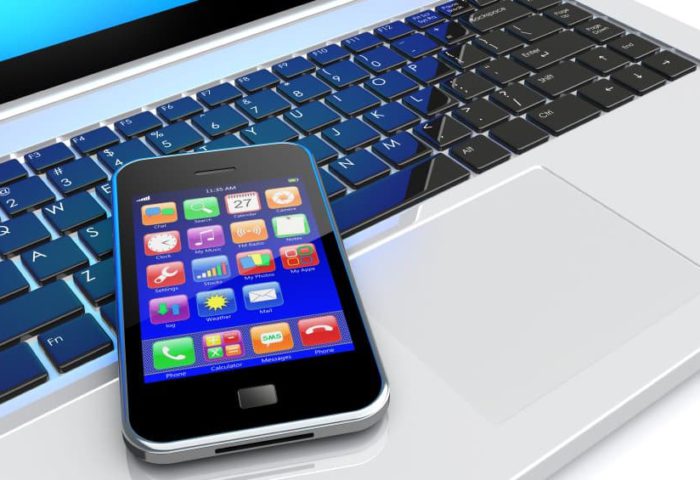The Mobile World Congress (MWC), the largest exhibition for the mobile industry, took place February 24–27 in Barcelona. The organizers reported record-breaking attendance–more than 85,000 visitors from 201 countries. Over 1,800 exhibitors demonstrated their latest devices, technologies, apps, and services.
The MWC has always been in the spotlight, but the increased attention to the event once again highlights the importance of the mobile industry today. Mobile devices change the world; transform the way we communicate; and shape our daily lives in innovative, revolutionizing ways.
We couldn’t miss this important event, and our experts returned from Barcelona with new knowledge, leads, and positive impressions of the MWC’s outstanding networking opportunities and exciting lineup of inspiring speakers representing mobile operators, consumer brands, and organizations from a variety of industries, including advertising, health, entertainment, and education.
If you followed the event, you know that there were many announcements, and it was often hard to keep up. We tried to summarize the most important trends, topics, and news in the mobile industry that our attendants found most interesting.
The Internet of Things
The Internet of Things was the hot topic of last year’s event. This time, the MWC reinforced the idea of “connected devices” and proved that it is not just another buzzword that will disappear in a year or two. Several connected devices that fit the Internet of things concept were launched at the MWC, promoting the idea of the connected home, the connected car, and the connected life.
Wearable Tech
Wearable devices might be the “thing of the year” if the International Consumer Electronics Symposium (CES) and the MWC are anything to go by. In Barcelona, visitors had a chance to try on tech gloves, fitness bands, and smart watches, all of them competing to become the number-one device on the market. Without a doubt, we can expect more wearable innovations in the near future.
Inexpensive Smartphones for Emerging Markets
Nokia and Mozilla are two companies that demonstrated a particular interest in connecting emerging markets with inexpensive yet powerful smartphones. Not everyone can afford iPhones or high-end handsets from Samsung, LG, Sony, etc. There is a niche for the $25–$80 price range, and Nokia and Mozilla seemed to put a lot of effort into taking this one (Mozilla with the launch of its Firefox OS and Nokia with the surprising adoption of Android for its new smartphones).
Auriga was represented at the MWC by the company’s Sales Director Marc Schlackman who shared his views on the event:
Mobile World Congress (MWC) attendees need a ‘plan of attack’ to efficiently and effectively navigate this four-day conference. Throughout the exhibitor showcases, two emerging technologies were obvious by their expanded presence at this year’s show. Both wearable technologies (such as Fitbit) and security and biometrics gained prominence and garnered attendee attention. Attending MWC enabled Auriga to uncover many previously unknown opportunities as well as rekindle many existing business relationships in a four-day span vs. the weeks and months it would have otherwise taken.


